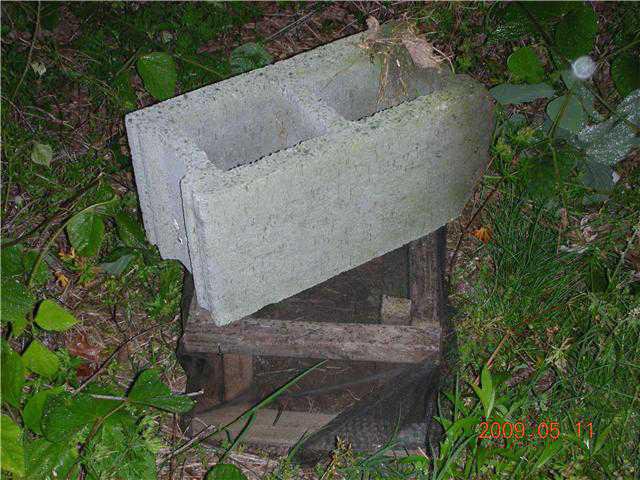Residents of a north Forsyth home got a surprise earlier this week when they discovered a box turtle laying eggs in their backyard.
Raycel Batac said her boyfriend's mother was looking for a good place to put a tomato plant, when she uncovered the 10-inch turtle digging a hole for six eggs in the dirt.
The shiny, white eggs are each about the size of a quarter.
"She dug out a space, laid the eggs and covered them back up," Batac said. "After she laid the eggs, she poked her head out of her shell and she was good to go."
Leading up to Monday's discovery, Batac said, she and her boyfriend's family had "been hearing a lot of rustling in the kudzu behind their house."
"We thought it was just a dog or something, but it was probably that turtle," she said.
Reptile expert John Jensen said it's not uncommon to see a box turtle in the north Georgia area, but "their population is probably in decline throughout the state."
Jensen, a senior wildlife biologist with the state Department of Natural Resource's Wildlife Resources Division and author of "Amphibians and Reptiles in Georgia," said mother box turtles abandon their eggs after laying them.
"There's no maternal care," Jensen said. "Once they drop the eggs, they're completely on their own."
Jensen said April through June is the most common time to see box turtles laying eggs in Georgia. The eggs incubate for 70 to 90 days.
For Batac, who had never seen a box turtle before, it was a fun find. She helped build a wooden structure around the buried eggs to try to keep predators away.
Jensen said box turtle eggs do indeed have enemies, though it's best for humans to keep their distance from the eggs.
"Raccoons and skunks are probably the No. 1 nest predators of reptile nests," Jensen said. "The more you stay away from the eggs, though, the less chance a predator will notice the human scent, which it recognizes as the potential for nearby food."

